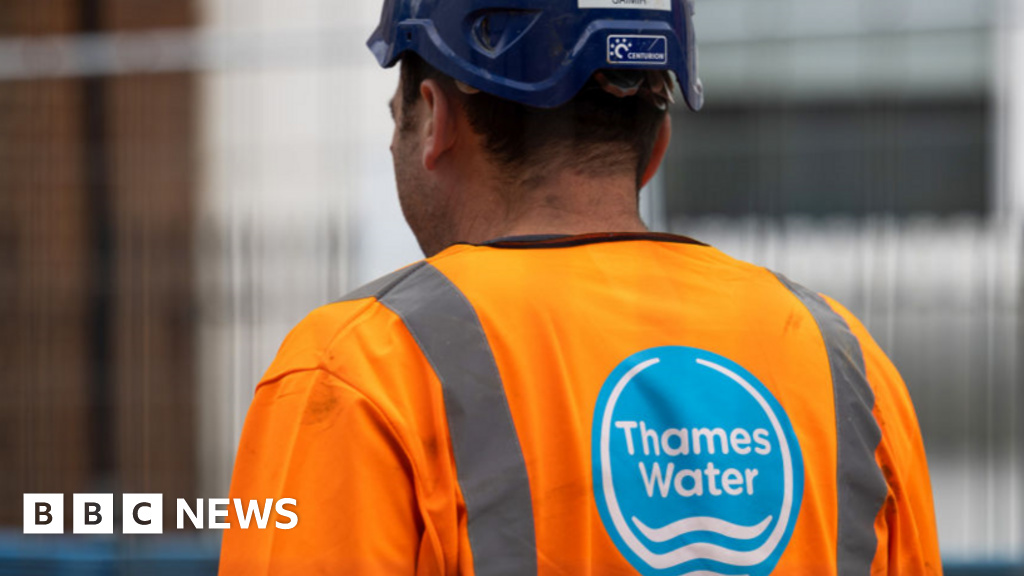Thames Water secures £3bn lifeline after court ruling

Thames Water has won a crucial High Court battle to secure a £3bn rescue loan, staving off the prospect of the debt-laden company coming under government control.
The UK’s largest water and waste company was set to run out of cash by the end of March and would have likely been placed into temporary nationalisation to keep services running.
The court decision on Tuesday has given the supplier a financial lifeline to undergo a major restructuring, but the future of the company remains uncertain as it struggles with around £17bn worth of debt.
Thames has faced heavy criticism over its performance in recent years following a series of sewage discharges and leaks.
The supplier serves about a quarter of the UK’s population, mostly across London and parts of southern England, and employs 8,000 people.
Since the dire state of the company’s finances first emerged about 18 months ago, the government has been on standby to put Thames into special administration.
But regardless of what happens to the company in the future, water supplies and waste services to households will continue as normal.
The rescue plan involves lenders providing Thames a further loan of up to £3bn in two instalments as it attempts to turnaround the business.
But the proposals had to be approved by the High Court after a group of creditors opposed it, arguing the 9.75% interest rate on the loan was too costly.
In approving the loans, Mr Justice Leech ruled that the “relevant alternative” to the company plan being approved was temporary nationalisation, known as a Special Administration Regime.
“After taking into account the public interest in ensuring the uninterrupted provision of vital public services, I nevertheless exercise my discretion to sanction the plan,” he said.
He also added that the water regulator, Ofwat, and the Environment Secretary had “not opposed the plan”.
Following the ruling, Thames Water chairman Sir Adrian Montague said it marked a “significant milestone” for the company while chief executive Chris Weston said it “puts our business on a firmer financial footing”.
Thames has insisted its emergency funding will provide it the breathing space to complete a major restructuring of its debts and attract a cash injection from prospective new investors.
The rescue package was provided by a group of Thames Water’s senior creditors including Abrdn, Apollo Global Management, Elliott Investment Management, and Invesco.
A first payment of £1.5n will see the company through to the autumn.
A second instalment will be used to fund the company as it appeals a decision by Ofwat, the industry regulator, over how much Thames can raise household bills by – a process which could take up to a year.
The utility supplier has a £200m debt payment due next month.
On Friday, Thames launched an appeal to allow it to increase bills by more than the regulator had granted.
Ofwat has capped bill rises at 35% over the next five years, but Thames has argued bills need to increase by 53%.
The company claimed that the 35% bill increase “does not appropriately support the investment and improvement that is required” by the business.
Other water companies are also permitted to lodge appeals against bill settlements, and Southern Water has also appealed.
Six others have said they will not appeal: Severn Trent, United Utilities, Pennon plus Dwr Cymru Welsh Water, SES and Hafren.
The struggles at Thames Water have been blamed on a combination of poor historical regulation, actions by shareholders, climate change and management failure.
Some have argued Thames should have been allowed to collapse and be nationalised due to it being the architect of its own misfortune. Previous owners loaded the company with debt and took out big dividends.
But others, including water companies, have argued that a growing population and the challenges of a changing climate mean bills need to be higher and were kept at lower levels for too long.
World News || Latest News || U.S. News
Source link



